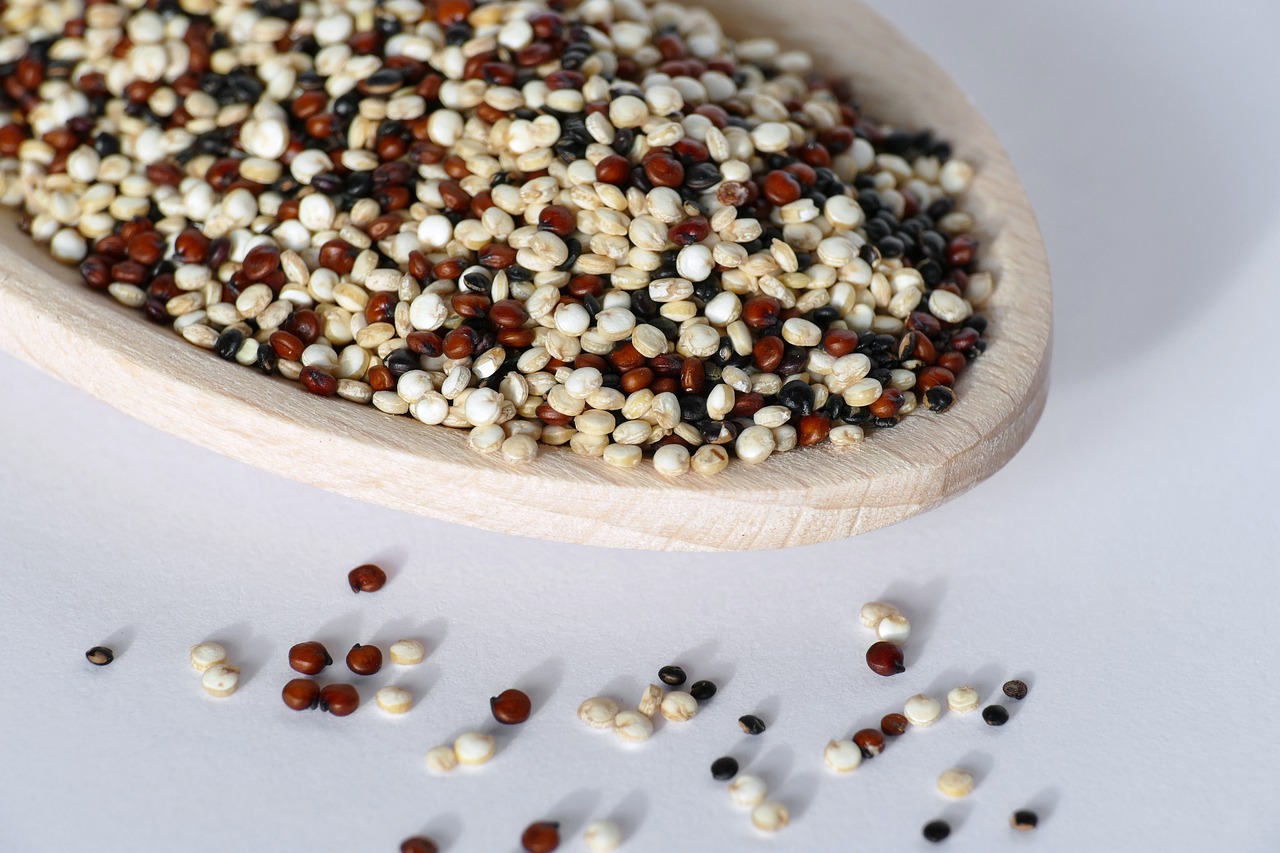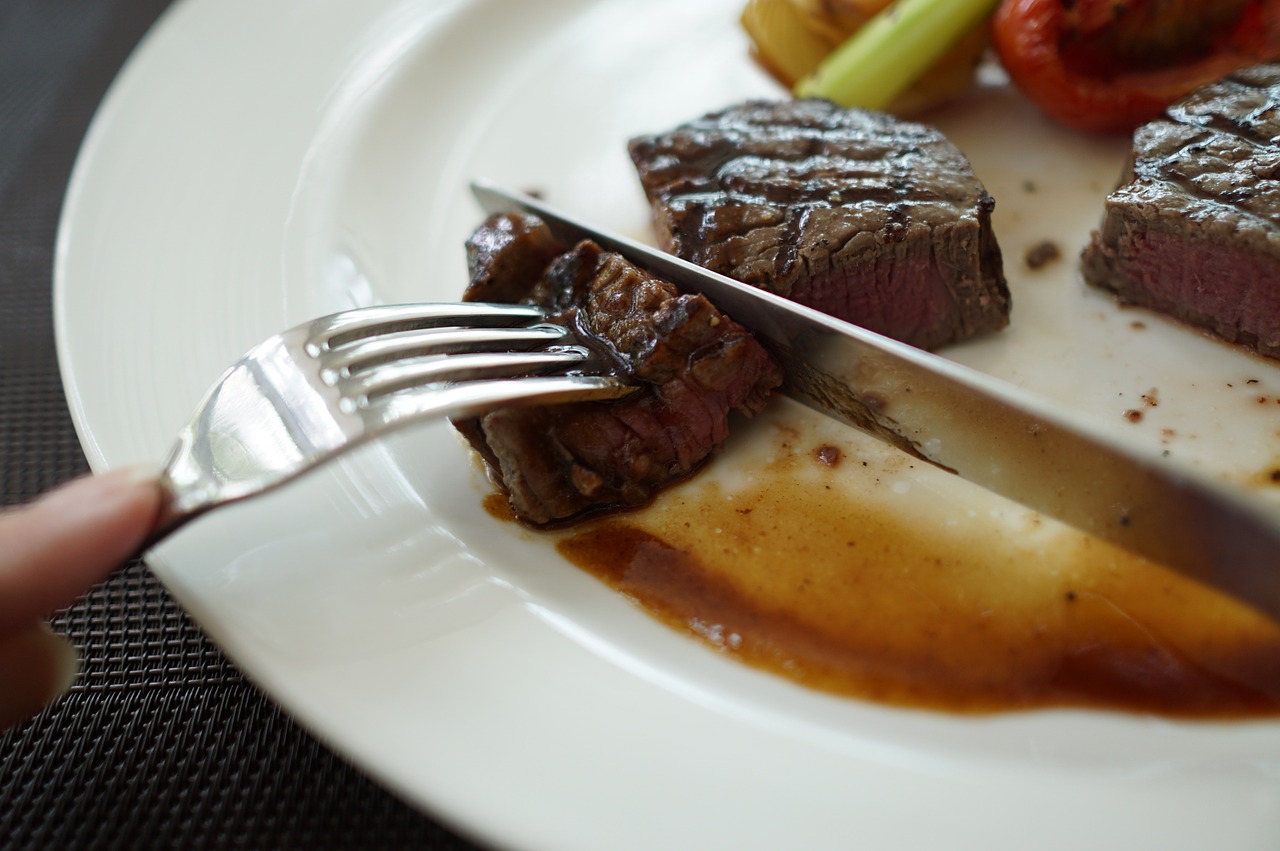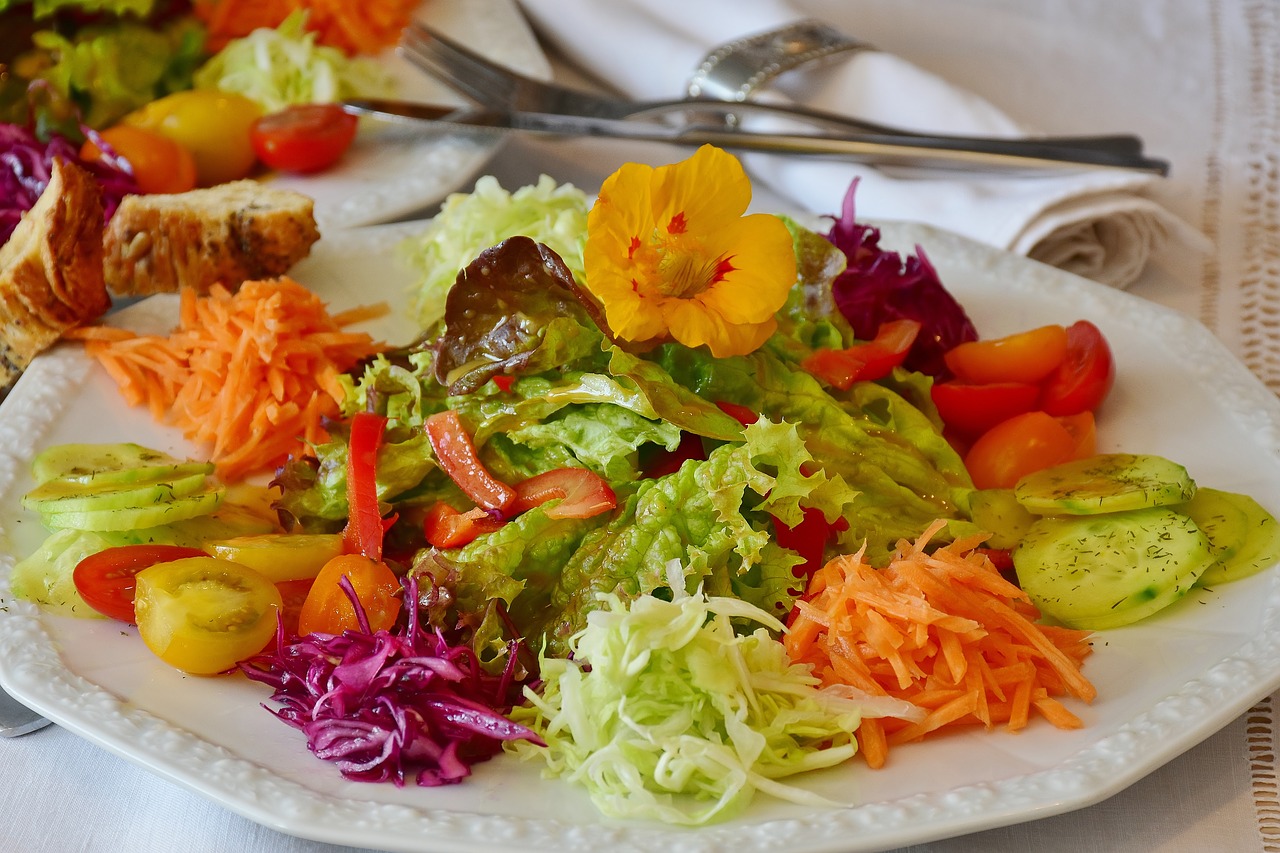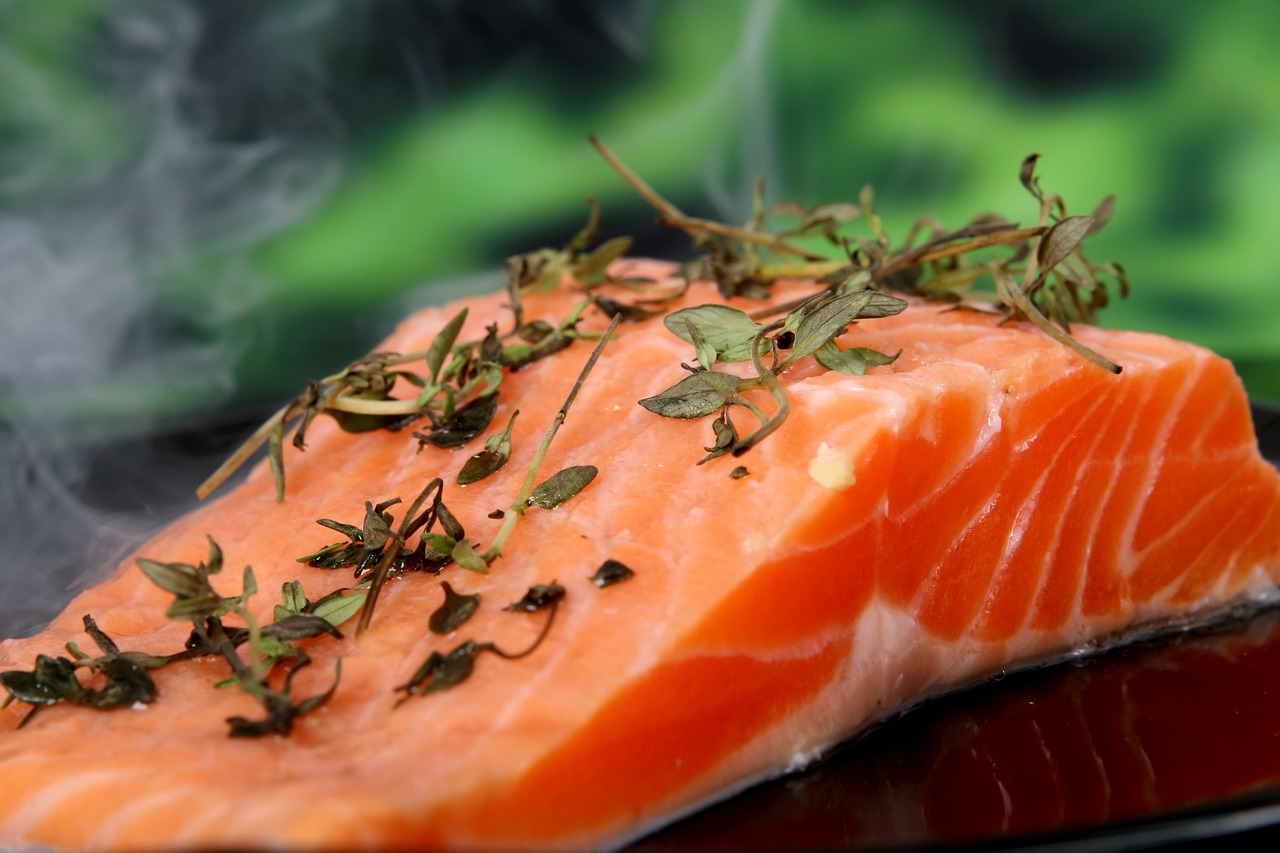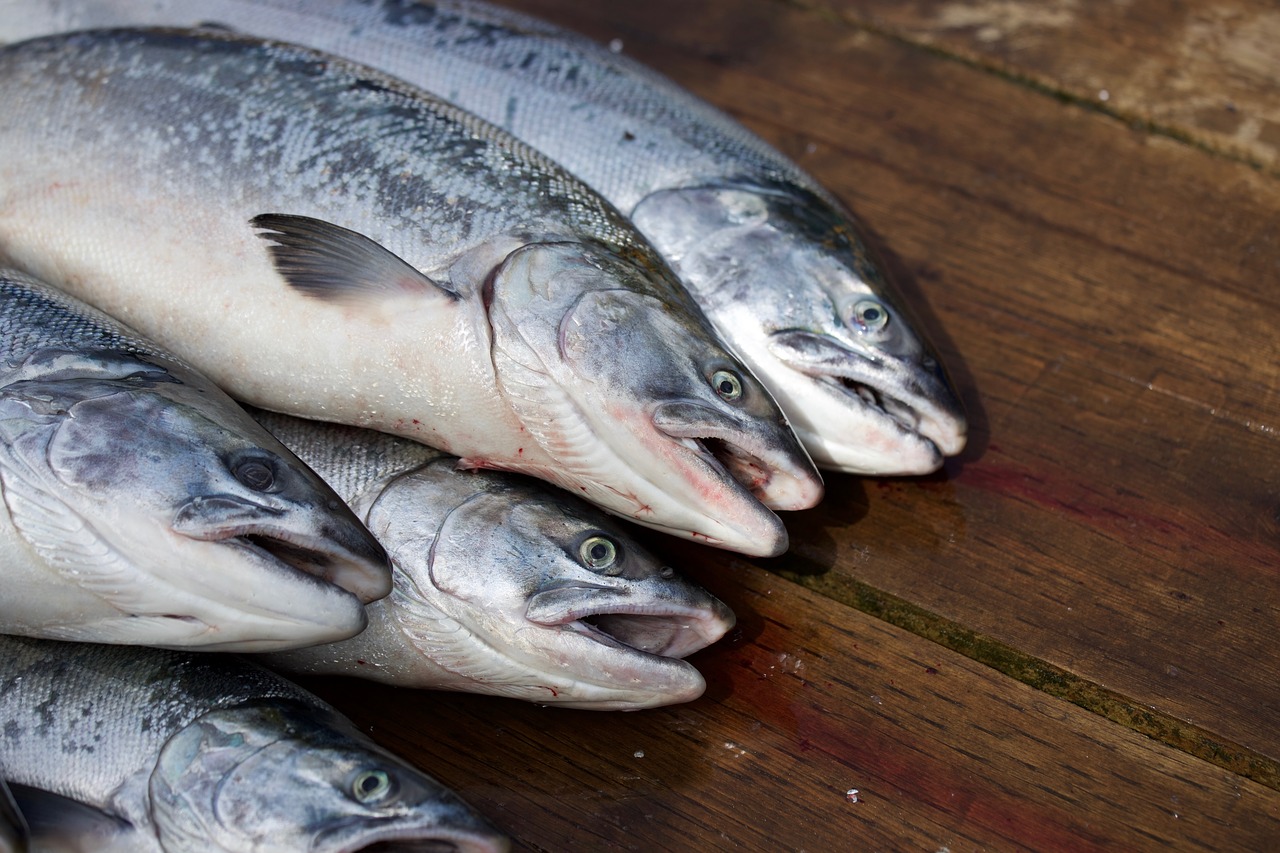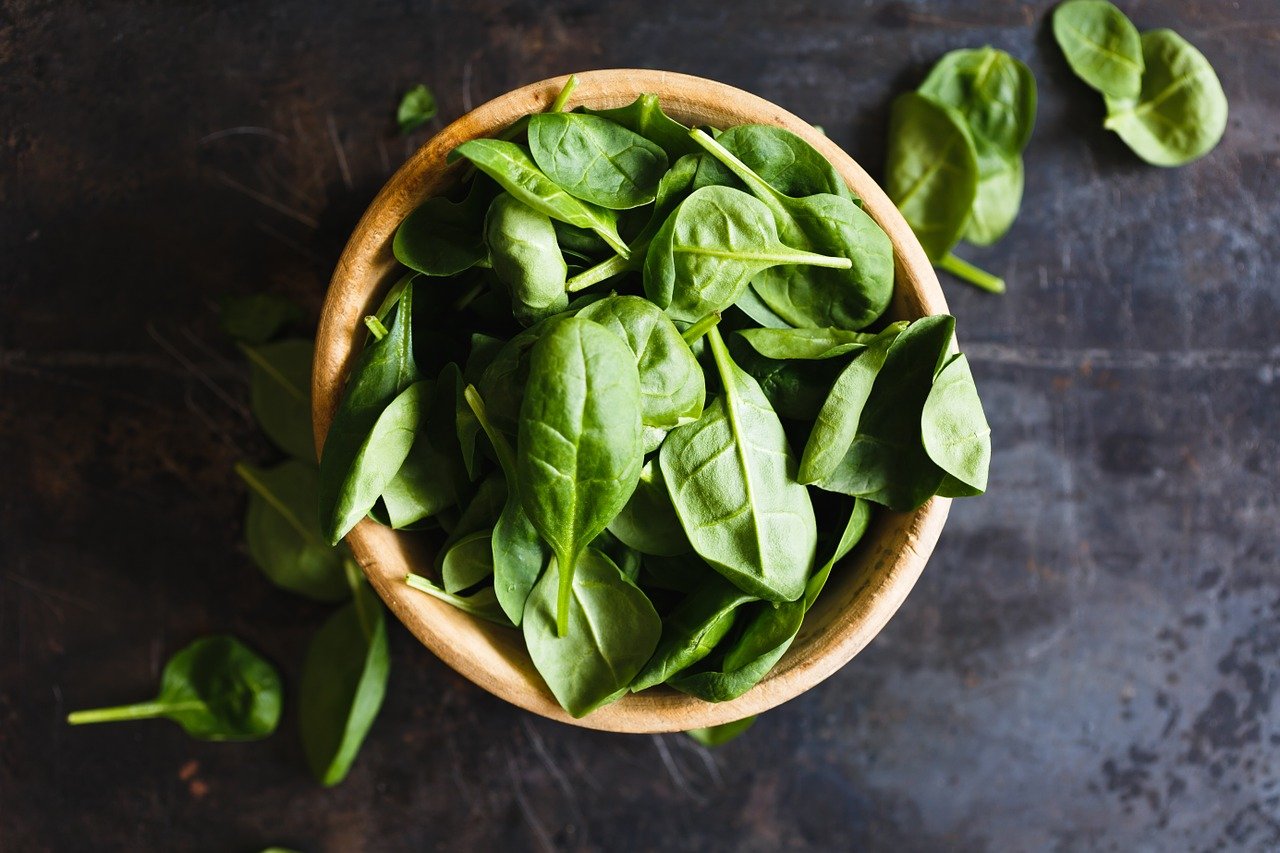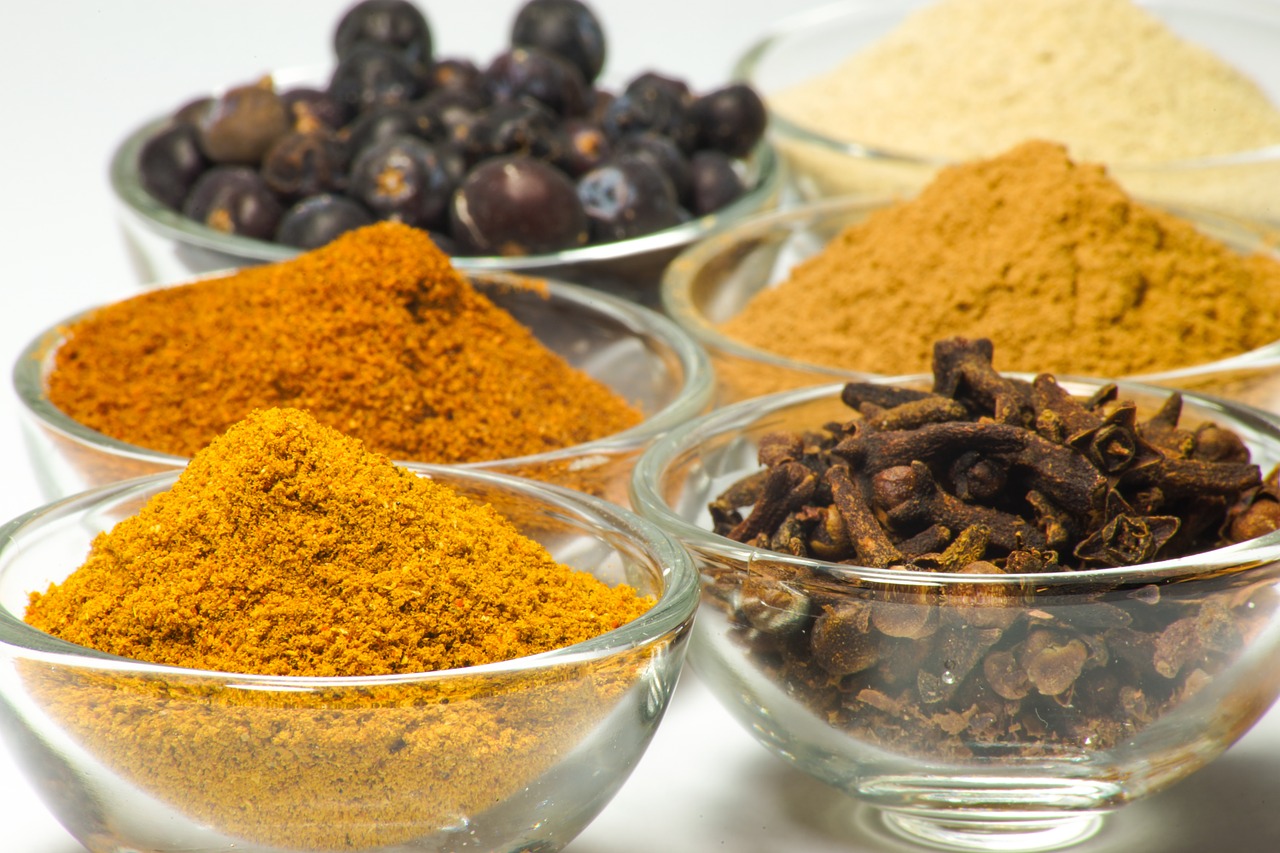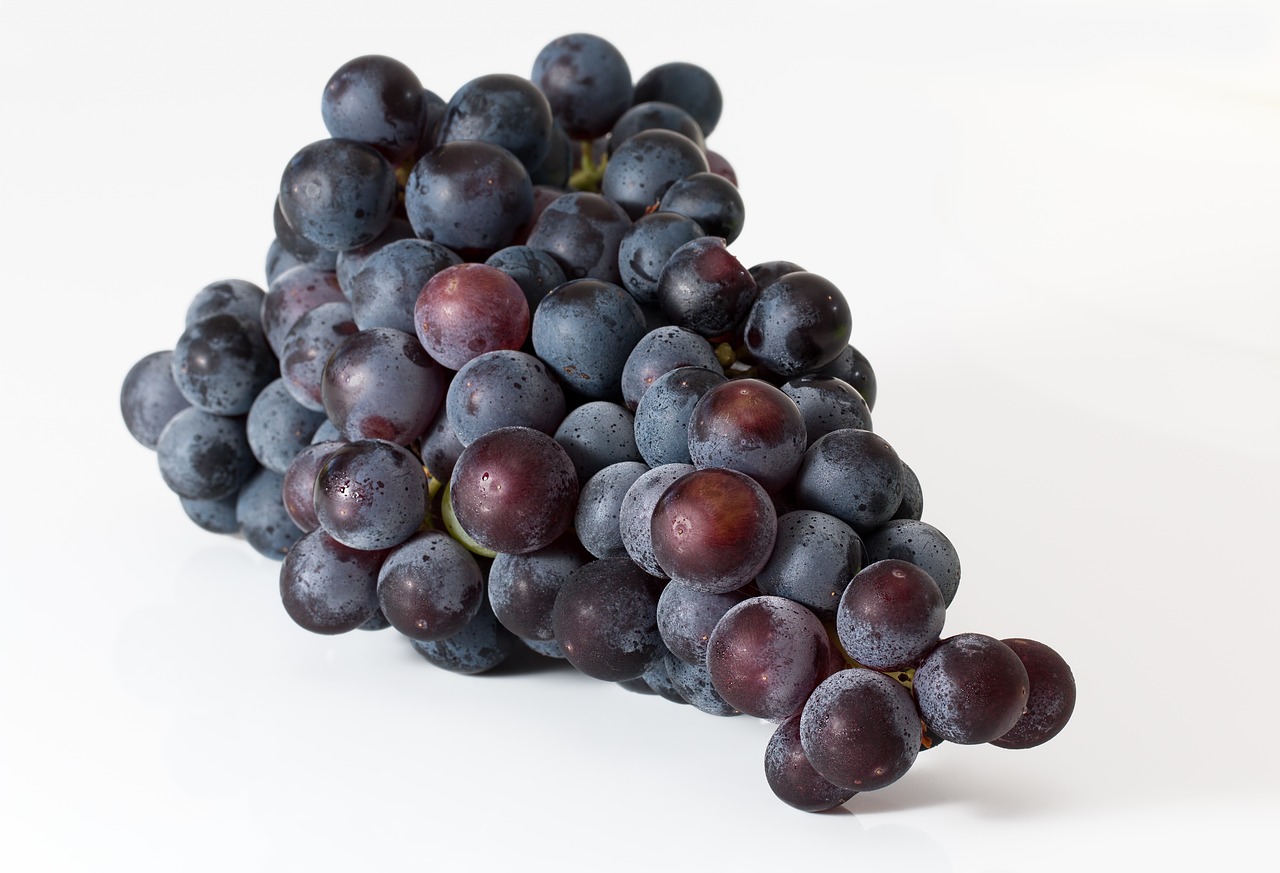MIND Diet
The MIND Diet and Alzheimer's
The acronym MIND stands for Mediterranean-DASH Diet Intervention for Neurodegenerative Delay and, as the name implies, is the combination of the Mediterranean diet and DASH diet designed specifically to prevent cognitive decline. The creators of the MIND diet based food recommendations on data derived from observational studies measuring the effect of nutrition on cognition. For example, berries were shown to be protective against cognitive decline and therefore the MIND diet recommends berries. The same is true for leafy green vegetables like spinach.1
The MIND diet is composed of 10 recommended foods and 5 foods that should not be eaten. The ten recommended foods are: green leafy vegetables, other vegetables, nuts, seeds, berries, beans, whole grains, fish, poultry, olive oil and wine. The 5 foods people should stay away from are: red meats, butter and stick margarine, cheese, pastries and sweets, and fried/fast food.
Studies Investigating The Mind Diet and Alzheimer's
A similar study by the same group showed that not only does the MIND diet slow cognitive decline but they also showed that both strict and moderate adherence to the MIND diet correlated with reduced incidence of Alzheimer’s disease. The highest adherence to the MIND diet translated to a 53% reduction in an Alzheimer’s diagnosis compared to the lowest level of adherence. A moderate level of adherence to the MIND diet showed a 35% reduction in Alzheimer’s compared to the lowest level of adherence. The high adherence groups in both the Mediterranean and MIND diet showed similar reduced risk of Alzheimer’s disease but for the Mediterranean diet, moderate adherence did not reduce risk. The high adherence to the NASH diet showed some decrease in risk (39%) of Alzheimer’s but the decrease in risk was not as high as it was for the MIND (53%) or Mediterranean (54%) diets. Like the Mediterranean diet, moderate adherence to the NASH diet also showed no benefit in regards to Alzheimer’s. Unfortunately for Apoe4 carriers, this particular study found that the MIND diet was less protective for Apoe4 carriers.2
One of the findings in the randomized trials of the Mediterranean diet was that it was difficult to replicate the positive results of the Mediterranean diet outside the Mediterranean region. When the MIND diet and Mediterranean diet was investigated side by side in an observational study in Australia, the results showed that the MIND diet, not the Mediterranean diet was correlated with reduced odds of cognitive decline over a 12 year period.3
There is currently a randomized clinical trial ongoing to study the effects of the MIND diet and cognition. The trial is a three year study looking at healthy people 65 years or older who are overweight and suboptimal diets. The trial will compare the MIND diet, the MIND diet with calorie restriction, the subject’s normal diet with calorie restriction and a mild weight loss diet. Cardiovascular and Alzheimer’s biomarkers will be analyzed.4,5
Alzheimer's Diet and Nutrition Sections
Macronutrient References on this Page:
- Morris MC, Tangney CC, Wang Y, Sacks FM, Barnes LL, Bennett DA, Aggarwal NT. MIND diet slows cognitive decline with aging. Alzheimers Dement. 2015 Sep;11(9):1015-22. doi: 10.1016/j.jalz.2015.04.011. Epub 2015 Jun 15. PMID: 26086182; PMCID: PMC4581900.
- Morris MC, Tangney CC, Wang Y, Sacks FM, Bennett DA, Aggarwal NT. MIND diet associated with reduced incidence of Alzheimer’s disease. Alzheimers Dement. 2015 Sep;11(9):1007-14. doi: 10.1016/j.jalz.2014.11.009. Epub 2015 Feb 11. PMID: 25681666; PMCID: PMC4532650.
- Morris MC, Tangney CC, Wang Y, Sacks FM, Bennett DA, Aggarwal NT. MIND diet associated with reduced incidence of Alzheimer’s disease. Alzheimers Dement. 2015 Sep;11(9):1007-14. doi: 10.1016/j.jalz.2014.11.009. Epub 2015 Feb 11. PMID: 25681666; PMCID: PMC4532650.
- Hosking DE, Eramudugolla R, Cherbuin N, Anstey KJ. MIND not Mediterranean diet related to 12-year incidence of cognitive impairment in an Australian longitudinal cohort study. Alzheimers Dement. 2019 Apr;15(4):581-589. doi: 10.1016/j.jalz.2018.12.011. Epub 2019 Feb 28. PMID: 30826160.
- https://clinicaltrials.gov/ct2/show/NCT02817074
Back to Diet and Alzheimer's:
Determine which diet and nutrition plan is best for you based on your Apoe status and subtype.

